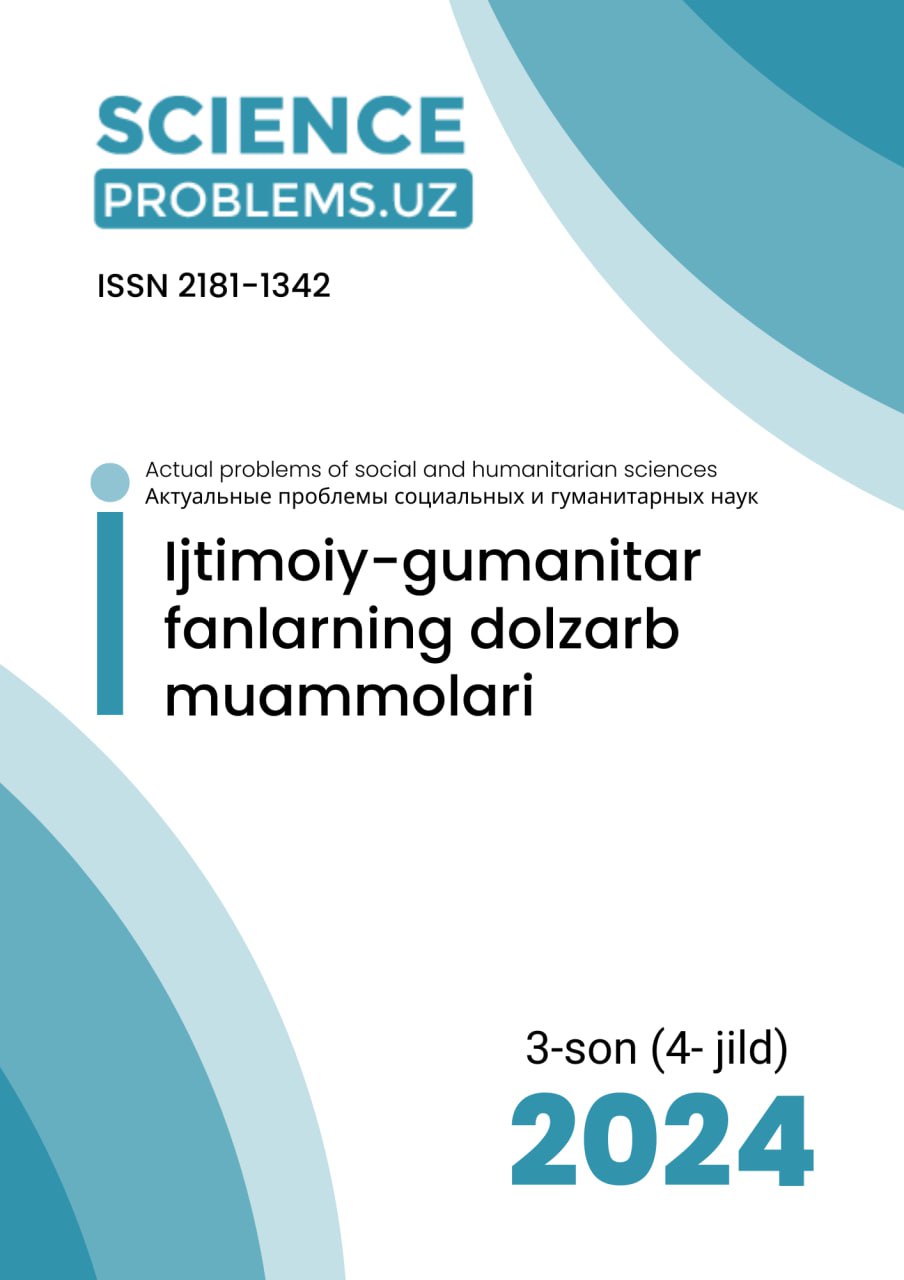PSYCHOLINGUISTIC AND DIDACTIC CHARACTERISTICS OF THE FORMATION OF TRANSLATION SKILLS
DOI:
https://doi.org/10.47390/SPR1342V4I3Y2024N66Keywords:
translation, TestDAF, international, independent, community, visual, holistic, language.Abstract
The main legal documents on the preparation of the state educational standard for foreign languages. The state educational standard is based on a communicative-active, student-oriented, integrative and competence-based approach to teaching foreign languages. Improving the system of knowledge of languages, consistent implementation of TestDAF implies dialectical development. Measures to further improve the system of learning foreign languages. Requirements are not divided into types of translation - written and oral. Implementation of simultaneous, visual, consecutive interpretation at international conferences in the sub-section of requirements in the field of ST. To acquire systematic knowledge, to develop a worldview. to have a comprehensive understanding of the processes and events occurring in society and nature. Ability to independently acquire new knowledge, work on it and organize scientific activity on a scientific basis. Knowing the theoretical foundations of translation, grammatical, lexical, phraseological, stylistic and pragmatic problems of translation, types of translation, acquiring lexical competence, mastering the main methods of translation.
References
O‘zbekiston Respublikasi Prezidenti Shavkat Mirziyoyevning Oliy Majlisga Murojaatnomasi (O‘zbekiston Respublikasi Prezidenti Sh.Mirziyoevning 2017 yil 22 dekabr Oliy Majlisga murojaatnomasi) // Pravda Vostoka, 2017 yil 23 dekabr. - 248-son (28706).
O‘zbekiston Respublikasi Prezidentining 2017-yil 20-apreldagi “Oliy ta’lim tizimini yanada rivojlantirish chora-tadbirlari to‘g‘risida”gi PQ-2909-son Farmoni;
Шарипов Ж. Бадиий таржималар ва мохир таржимонлар. – Т.: Фан, 1978.
Bao Chuanyun. Pedagogy // The Routledge handbook of interpreting, ed. Holly Mikkelson, and Renée Jourdenais. London: Routledge, 2015. – p. 400–416.
Robinson D. Übersetzer werden: eine Einführung in die Theorie und Praxis der Übersetzung. // London: New York: Routledge, 2003. S. 302.
Kelly Dorothy und Catherine Way. 2007. Leitartikel: Zum Start von ITT. Der Dolmetscher- und Übersetzertrainer 1 (1): PP. 1–13.
Muminov O.A Guide to Consecutive Translation // Tashkent: Tafakkur Bo’stoni, 2013
Muratova E., Makhmudova N. English for Masters. Hot Topics // Tashkent, 2011
Xoshimova D.U. Rus tilining zamonaviy faoliyati va tillararo o'zaro ta'sirlar kontekstida lakunalarni o'rganish uchun lingvodidaktik asoslar: Dis. ... dok. ped. Fanlar. - Toshkent, 2007
I.G‘afurov, O.Mo‘minov, N.Qambarov “TARJIMA NAZARIYASI” «Tafakkur Bo‘stoni» «Tafakkur Bo‘stoni» Toshkent - 2012








